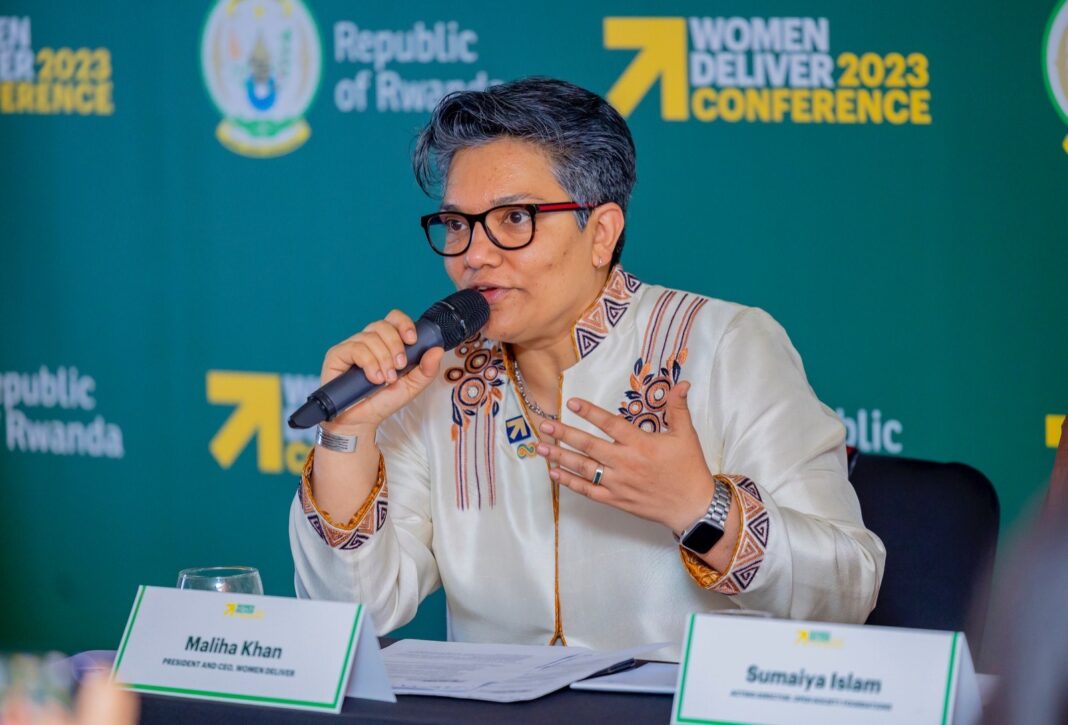By: Shehnaz Khattak
Pakistan is not only a country with a rich cultural heritage and diverse landscapes but also a nation characterized by its youthful population. As of recent estimates, approximately 64% of Pakistan’s total population falls below the age of 20. This significant youth bulge presents both an opportunity and a challenge for the nation’s future, as the lack of access to quality education for this large segment of the population poses a serious threat to Pakistan’s progress and development. Educational poverty, defined as the lack of access to quality education and the inability of many individuals, particularly children, to attend school or access proper learning resources, remains a pervasive issue in Pakistan. This grim reality stands as a major obstacle in the country’s pursuit of social and economic progress.
The sheer size of the youth population underscores the urgency of addressing educational poverty. With such a substantial percentage of the population in their formative years, investing in their education is essential for securing a brighter future for Pakistan. Failure to do so can result in a generation ill-equipped to face the challenges of an ever-changing global landscape. Lacking access to quality education, a significant portion of Pakistan’s youth may struggle to acquire the necessary skills and knowledge to participate effectively in the modern economy. As the world becomes increasingly interconnected and driven by innovation and technology, an inadequately educated youth population may be left behind, limiting the nation’s potential for economic growth and development. Moreover, the lack of quality education can perpetuate social inequalities and hinder social mobility. Education is a powerful tool for breaking the cycle of poverty and providing opportunities for upward socioeconomic mobility. By denying access to quality education for a large portion of the youth population, Pakistan risks deepening existing disparities and creating a divided society with limited opportunities for upward mobility. According to recent estimates from UNESCO, more than 22.8 million children in Pakistan do not have access to education, leaving them vulnerable to a future of limited opportunities and perpetuating the cycle of poverty.
Furthermore, the impact of educational poverty on the future of Pakistan goes beyond just economic considerations. Access to quality education is essential for fostering an informed and engaged citizenry, capable of participating in democratic processes and contributing to the nation’s governance and policymaking. A well-educated populace can make more informed decisions, leading to more robust and sustainable development. Addressing educational poverty and providing quality education for the youth is not only a matter of social justice but also a strategic imperative for Pakistan’s long-term development. By investing in education and ensuring that every child has access to quality learning opportunities, Pakistan can harness the potential of its youthful population to drive innovation, economic growth, and social progress.
To overcome educational poverty, concerted efforts are needed from all stakeholders – the government, civil society, private sector, and international partners. Increasing budgetary allocations to education, improving infrastructure, enhancing teacher training, and promoting gender equality in education are just some of the essential steps that must be taken.
In conclusion, Pakistan’s youthful population presents an unparalleled opportunity for the nation’s development, but only if they are equipped with quality education. The high percentage of the population below the age of 20 underscores the dire need of tackling educational poverty. By investing in the education of the youth, Pakistan can unlock its true potential and create a prosperous, inclusive, and progressive future for the nation. The youth are not just the future of Pakistan; they are its present, and providing them with quality education is the key to realizing the nation’s aspirations and securing a better tomorrow for all.
The writer is Senior Auditor at Auditor general of Pakistan. She can be reached at [email protected]








